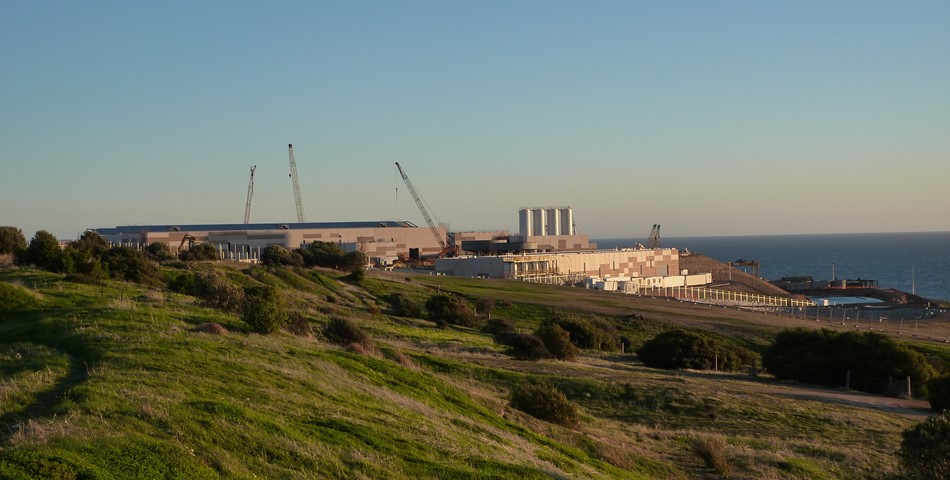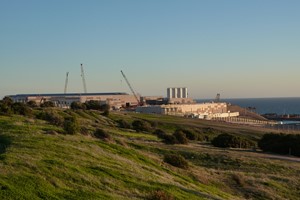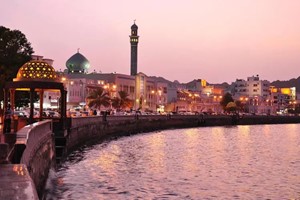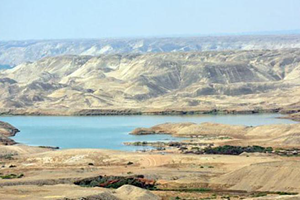ACWA Power, a Saudi energy giant, and the government of Senegal have recently finalized a landmark agreement aimed at addressing the pressing water challenges in the country. Valued at US $800 million, this deal signifies a significant step towards combating water scarcity in Senegal.
Under the agreement, Senegal’s Ministry of Water has signed a water purchase agreement that paves the way for the establishment of a cutting-edge desalination plant in Dakar. With a formidable production capacity of 400,000 cubic meters per day, this initiative holds immense promise in providing clean and reliable water to Senegal's burgeoning population.
ACWA Power's pivotal role in the infrastructure, design, financing, construction, operation, and maintenance of the desalination plant underscores its unwavering commitment to sustainable development and addressing water scarcity challenges head-on. By leveraging its expertise and resources, ACWA Power seeks to make a substantial contribution to Senegal's socio-economic advancement while ensuring the efficient and sustainable management of water resources.
This collaboration between ACWA Power and Senegal exemplifies the potential of public-private partnerships in tackling critical issues such as water supply and infrastructure development. By combining governmental initiatives with private sector capabilities, this approach promises to deliver impactful solutions that benefit the wider community.
The implementation of this project through a public-private partnership model signifies a strategic approach to infrastructure development, with a focus on harnessing the strengths of both sectors to achieve meaningful outcomes.
Desalination holds the key to addressing Senegal's water security challenges, which are fundamental to its developmental aspirations. With dwindling water resources and an inadequate institutional framework posing significant threats to both water security and economic growth, the urgency of investing in desalination technologies cannot be overstated.
Current projections indicate a substantial increase in water withdrawals by 2035, further exacerbating the strain on already limited water resources. Additionally, water-related extreme events and pollution exact a heavy toll on Senegal's economy, with losses amounting to over 10% of GDP annually.
The Greater Dakar area, being a focal point of economic activity in Senegal, is particularly vulnerable to water scarcity. With 50% of the country's GDP production concentrated in this region, the need to diversify water sources and enhance cross-sectoral coordination has never been more critical.
In conclusion, the partnership between ACWA Power and Senegal represents a significant milestone in the quest for sustainable water management. Through the establishment of a state-of-the-art desalination plant, this collaboration promises to not only alleviate water scarcity but also foster socio-economic development and resilience in Senegal.
By Anita Anyango











